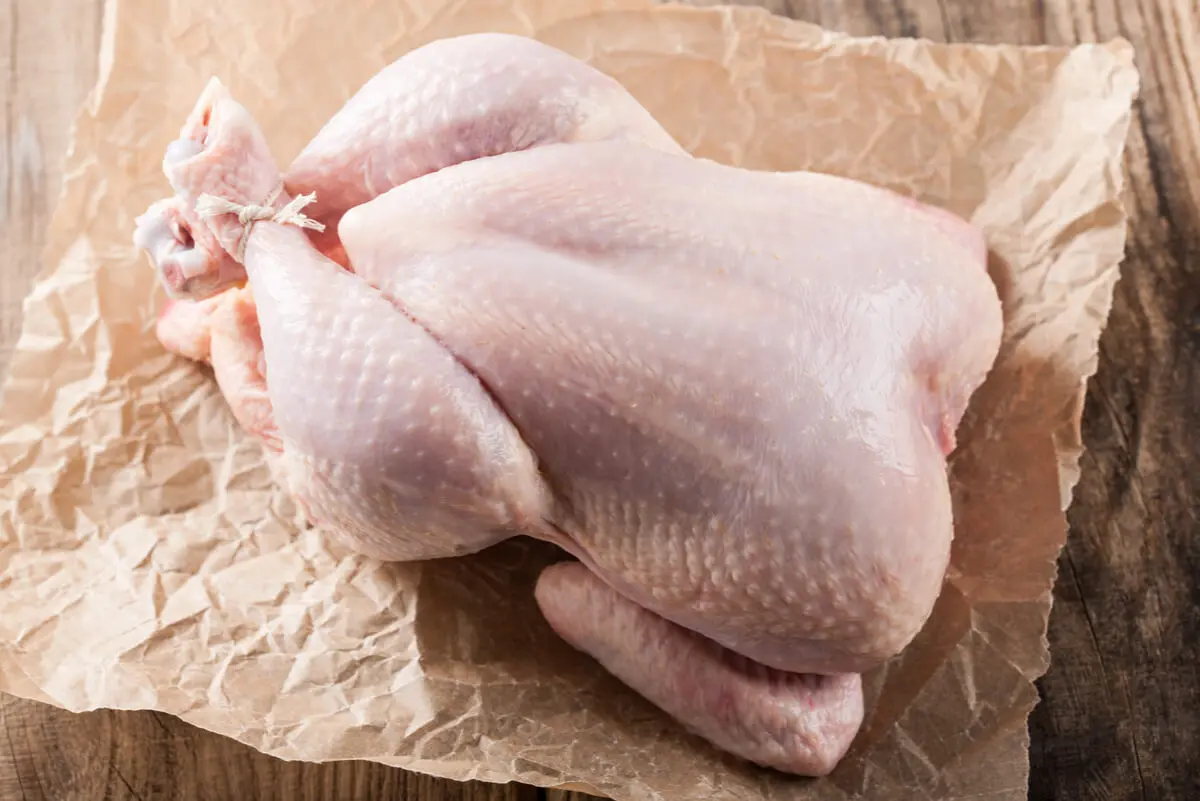How to Stop Overeating After Exercise


Reviewed and approved by the nurse Leidy Mora Molina
After physical activity, we may feel like eating everything we have in the fridge. This is normal, as we’ve expended a lot of energy. Read on to learn how to stop overeating after exercise!
Once the day’s activity is over, the body needs to recover. When catabolism – the breakdown part of the metabolic process – occurs, the body becomes more receptive to food.
Food is key to recovery, as protein and carbohydrates are important for muscle repair and replenishing glycogen stores. But how much intake is healthy?
Some guidelines to stop overeating after exercise
To stop overeating post-workout, we must take into account several factors. However, contrary to what many believe, the answer is never to stop eating. On the contrary, several meals a day can be a solution to the problem. The secret is to choose the right foods for each moment.
Here are some tips to avoid overeating and make the healthiest choices.
Prevent overeating after exercise: Exercise before eating
Almost everyone agrees that it’s best to exercise in the morning to start the day full of energy. However, the question also arises as to whether to eat breakfast and what to eat in that case.
A study verified that intermittent fasting seems to be effective in reducing body weight, total cholesterol, and triglycerides in normal-weight, overweight, and obese humans. Therefore, it’s possible to exercise for less than an hour without breakfast to obtain these benefits.
In case you can’t leave so early, it’s best to schedule your workout before one of your main meals. This can help you avoid turning to extra snacks.

If you practice intermittent fasting, opt for exercising for up to an hour in the morning, but no more.
Respect all meals of the day
A good lunch and a proper dinner help us to better control our appetite after training. Foods rich in protein, such as lean meats, fish, legumes, dairy products, or nuts are important to feel full and recover properly.
That’s why it’s key to respect regular meals. This way, we cope better with physical exhaustion and avoid the temptation to overeat when we get home. Unless you follow the intermittent fasting protocol, standardize your breakfast, your snacks, your lunch, and your afternoon snack.
Prevent overeating after exercise: Drink plenty of water
The consumption of liquid also helps to reduce appetite. However, we should not only drink water to avoid consuming food, but to replace lost fluids. If we still feel hungry after drinking, then it’s time to choose a healthy snack.
Don’t eat out of habit or boredom
Eating for the sake of eating is quite common when we don’t follow a regulated eating plan. Sometimes, anxiety, stress, and even boredom make us want to check the cupboard or refrigerator to eat something.
We must learn to eat according to the time of day, our exercise, and our routine. A good alternative is to eat a different type of food for each type of training. That way, the body will not get used to always tasting the same thing in certain situations. It can also be effective to eat several healthy snacks throughout the day to regulate hunger between meals.
We think you may also enjoy reading this article: When is it Necessary to Eat a Low-fiber Diet?
Foods we can eat after physical activity
After exercise, it’s very important to eat. However, the key is to avoid eating the first thing we find.
It should be a planned meal, according to the schedule in which we perform the exercise and the type of activity. It’s necessary to choose nutritious food and not to go more than an hour and a half without eating after the physical day. In any case, keep in mind that it’s best to consult a nutritionist.
Overall, these are some foods that we recommend to eat to avoid overeating after exercise:
- Fiber is key for digestion. Fiber is found in fruits, vegetables, and legumes. For example, pears and apples after exercise are a good choice. So are carrots or artichokes.
- Carbohydrates allow for a better recovery. In this case, you can choose fruits such as bananas, grapes, pears, or plums. If you prefer a snack, energy bars or dried fruits and nuts can help you to avoid overeating after exercise.
- Lean proteins are essential for muscle recovery. Fish and chicken have this type of protein and are low-calorie foods. In fact, a statement from the International Society of Sports Nutrition claims that increasing protein in one’s diet can result in better body composition.
- Smoothies are highly recommended because they can provide us with protein quickly after training. Ideally, prepare them yourself to ensure they contain the right ingredients and are low in sugar.
- Milk or low-fat dairy products also have the necessary protein for a good recovery.

Like this article? You may also like to read: 8 Healthy Foods that are Trending in 2021
Eating well instead of eating a lot to avoid overeating after exercise
Eating after physical exercise is necessary to achieve a better recovery. Eating food gives us back energy and helps us feel better and less tired. The key is to make a good choice of meals. This is not only the case after training, but as a habit of life.
Anyway, don’t forget that the best option is to turn to a nutritionist to design a specific food plan according to your objectives. The type of diet we need varies depending on whether we want to lose weight, gain weight, or build muscle.
All cited sources were thoroughly reviewed by our team to ensure their quality, reliability, currency, and validity. The bibliography of this article was considered reliable and of academic or scientific accuracy.
- Aragon AA, Schoenfeld BJ, Wildman R, Kleiner S, VanDusseldorp T, Taylor L, Earnest CP, Arciero PJ, Wilborn C, Kalman DS, Stout JR, Willoughby DS, Campbell B, Arent SM, Bannock L, Smith-Ryan AE, Antonio J. International society of sports nutrition position stand: diets and body composition. J Int Soc Sports Nutr. 2017 Jun 14;14:16. doi: 10.1186/s12970-017-0174-y. PMID: 28630601; PMCID: PMC5470183. Disponible en: https://pubmed.ncbi.nlm.nih.gov/28630601/
-
Tinsley GM, La Bounty PM. Effects of intermittent fasting on body composition and clinical health markers in humans. Nutr Rev. 2015 Oct;73(10):661-74. doi: 10.1093/nutrit/nuv041. Epub 2015 Sep 15. PMID: 26374764. Disponible en: https://pubmed.ncbi.nlm.nih.gov/26374764/
This text is provided for informational purposes only and does not replace consultation with a professional. If in doubt, consult your specialist.








